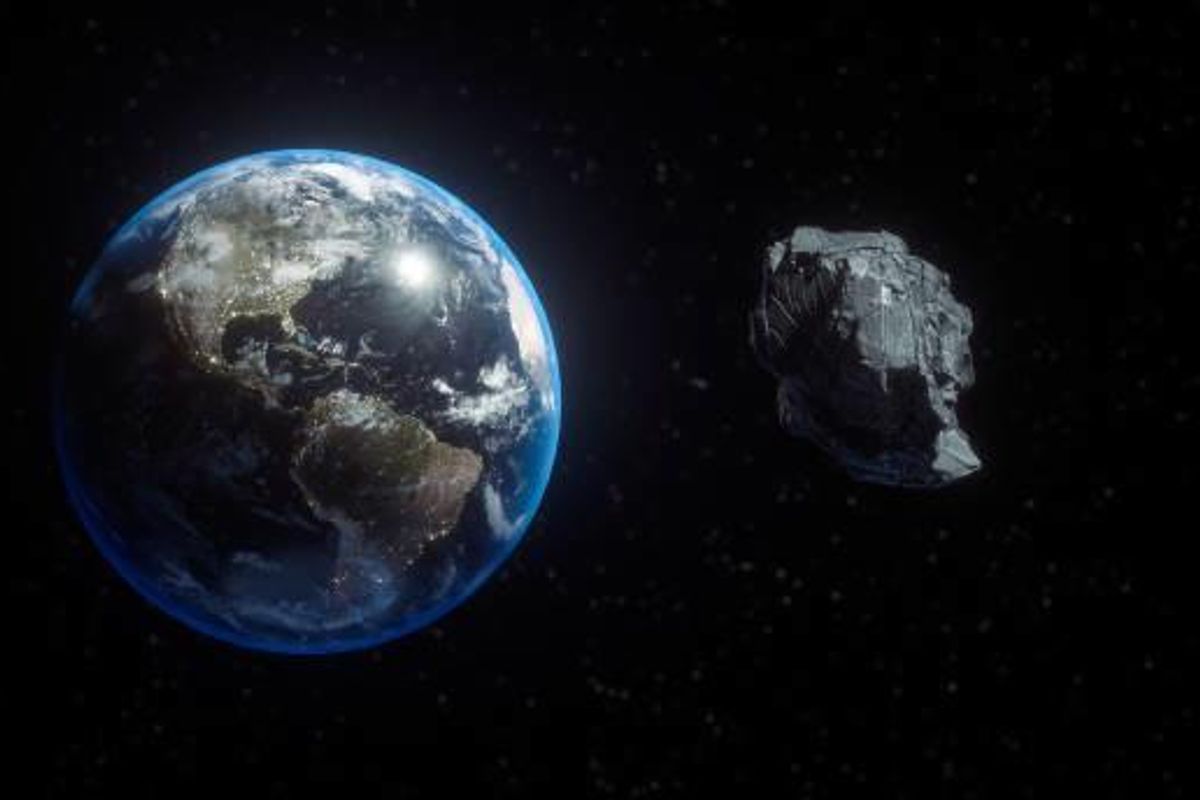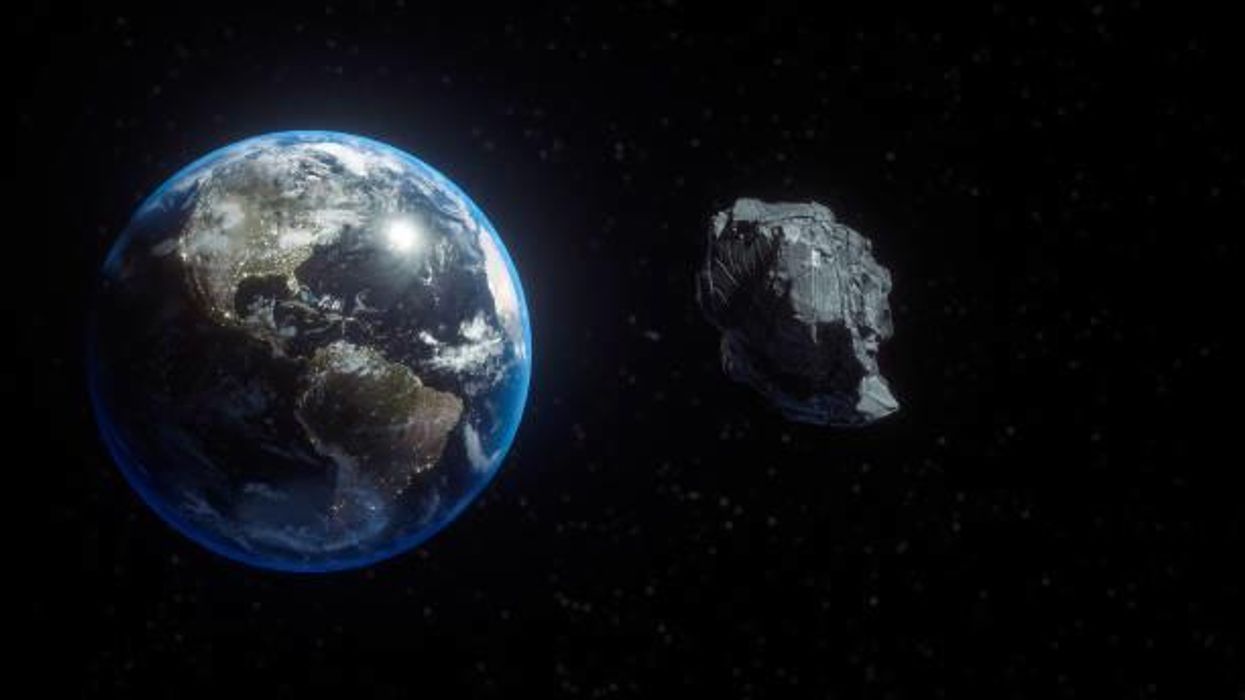Ariana Baio
Feb 07, 2022
Astronomers Find A New “Trojan Asteroid” Sharing Earth’s Orbit
Independent
Scientists have discovered a rare Trojan asteroid that will follow Earth's orbit for the next 4,000 years. This finding comes after nearly a decade of work trying to prove its existence.
According to Nature Communications, a team of astronomers at the University of Alicante and the Institute of Cosmos Sciences of the University of Barcelona have confirmed the existence of the Trojan asteroid named 2020 XL5. This is only the second Trojan asteroid to be confirmed in Earth's orbit, the first being 2010 TK7.
Sign up for our new free Indy100 weekly newsletter
A Trojan asteroid is one that shares the same orbit as a planet. Astronomers have known about Trojan asteroids for decades because many other planets have them including Venus, Mars, Jupiter, Uranus, and Neptune.
However, proving the existence of an Earth Trojan asteroid has been extremely difficult. These asteroids are visible close to the sun in short windows of time during low visibility making the opportunity to catch one slim.

To find the 2020 XL5 Trojan asteroid, astronomers used 13 ft (4 m) telescopes in Arizona.
According to a press release, "The discovery of the Earth Trojan asteroids is very significant because these can hold a pristine record on the early conditions in the formation of the Solar System, since the primitive trojans might have been co-orbiting the planets during their formation, and they add restrictions to the dynamic evolution of the Solar System. In addition, Earth Trojans are the ideal candidates for potential space missions in the future."
2020 XL5 is three times larger 2010 TK7 existing at nearly half a mile wide (1 km). The Trojan asteroid is stably orbiting 60 degrees behind Earth.
Have your say in our news democracy. Click the upvote icon at the top of the page to help raise this article through the indy100 rankings.
Top 100
The Conversation (0)














